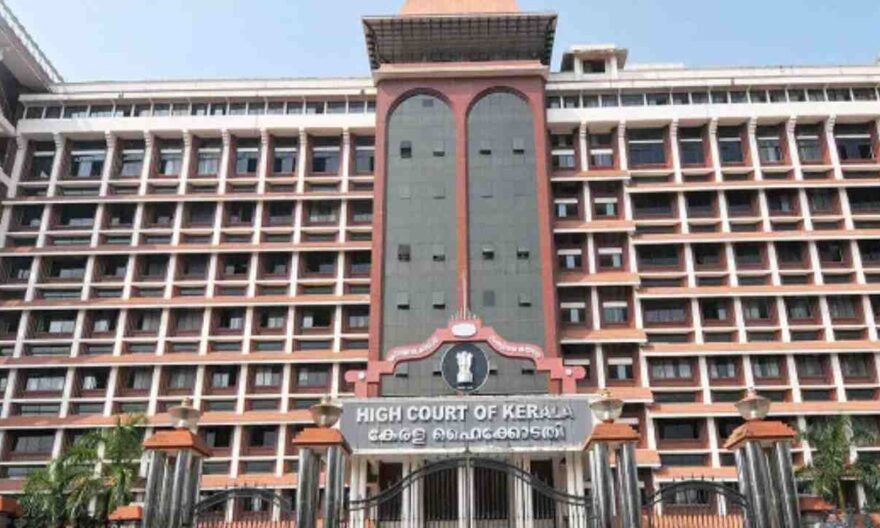
The Kerala High Court recently held that the denial of a revenue certificate based on land exemption from the Kerala Land Reforms Act, 1967 (KLR Act) or the lack of permission for land conversion under the Kerala Land Utilisation Order, 1967, is not justified.
A single bench of Justice Gopinath P made this observation while hearing a petition challenging the rejection of a granite quarrying company’s (petitioner) application for revenue certificates for certain land in Wayanad, classified as a plantation.
The Tahsildhar had refused the revenue certificates, citing the land’s exemption from land ceiling proceedings under Section 81(e) of the KLR Act, which excludes plantations. The petitioner argued that the KLR Act does not prohibit the use of land exempted under Section 81 for other purposes, and converting the land would only affect the calculation of the land ceiling limit.
However, the Government Pleader contended that issuing the revenue certificates would remove the land’s exempted status under Section 81(e) of the KLR Act. He emphasized that the land, initially a coffee plantation, requires conversion under the Kerala Land Utilisation Order, 1967, for any other activity. A 2012 amendment allows limited non-plantation use of exempted land.
The Tahsildar stated that revenue certificates were sought to process applications for granite quarrying permits. The High Court ruled in favor of the petitioner, noting that while certificates were needed for mining permits, broader issues like land use, environmental concerns, and permission under the Kerala Land Utilisation Order should be determined later.
The Court clarified that issuing revenue certificates does not imply approval for quarrying or exempt land conversion. It doesn’t absolve landowners from KLR Act provisions. With these clarifications, the Court directed authorities to issue revenue certificates within a month, concluding the petition.




